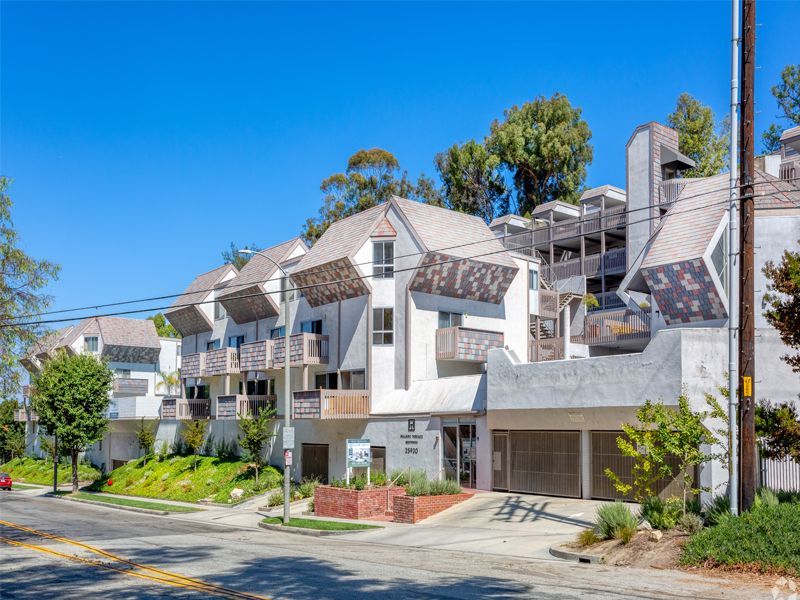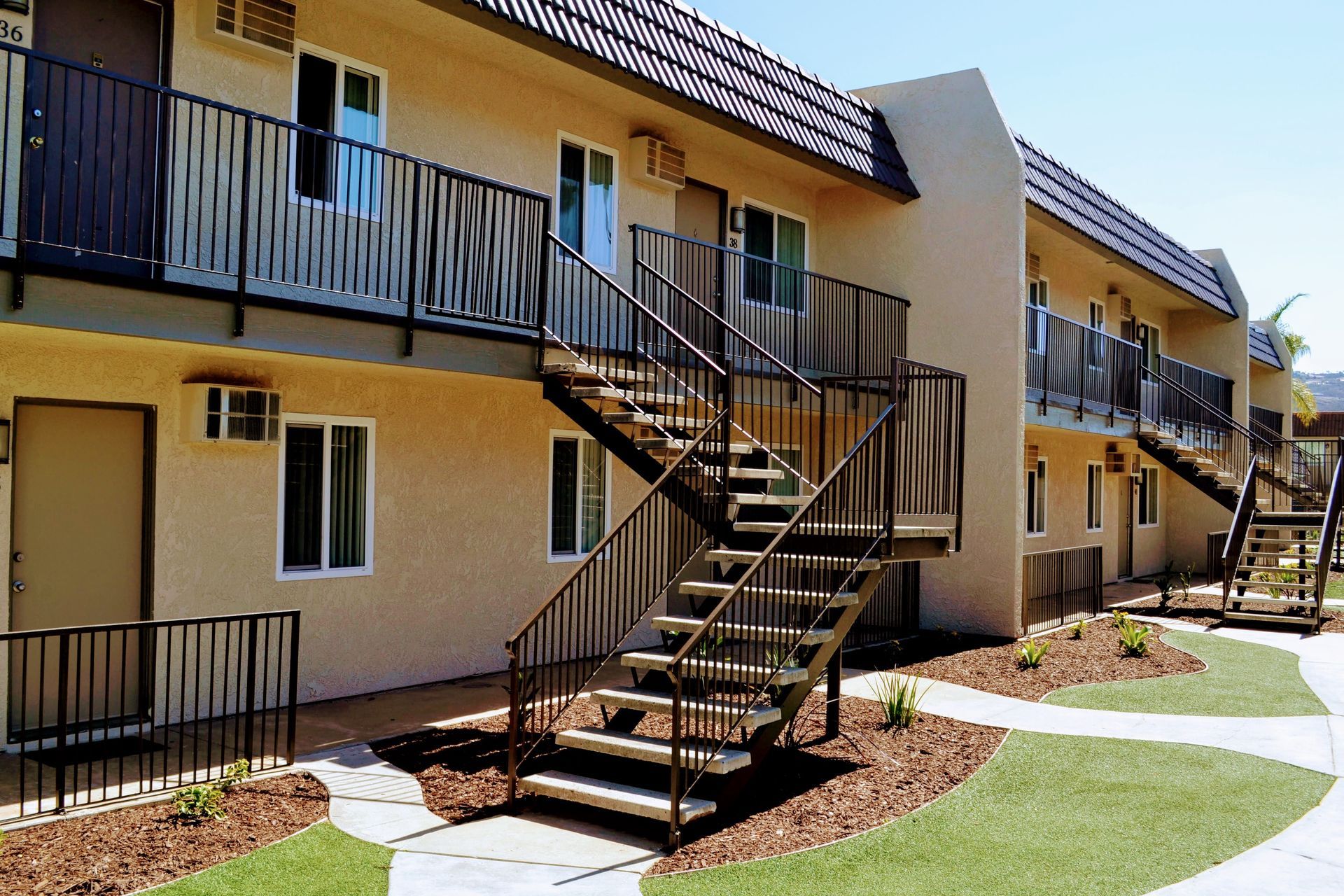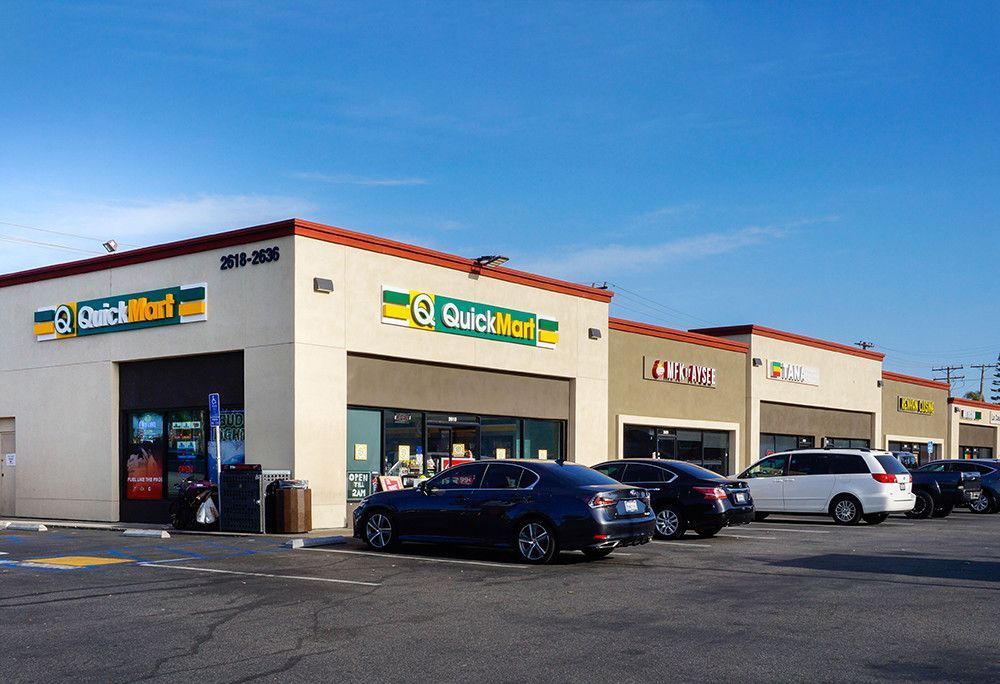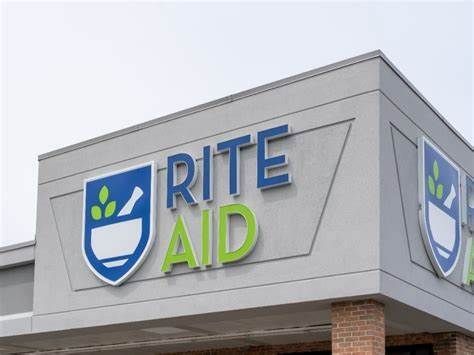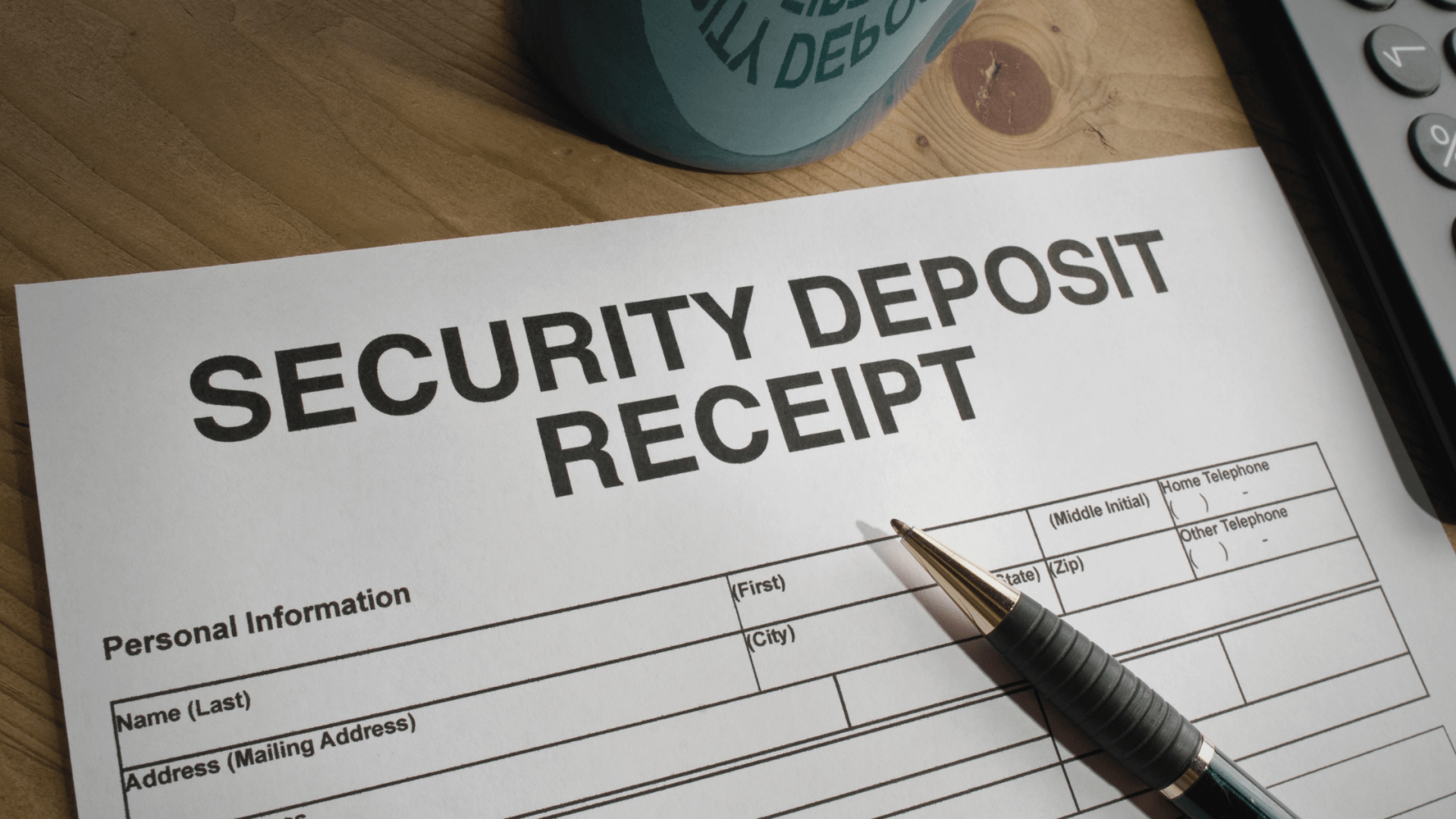Factors That Influence Property Management Cost
There is no set price that a property management company will charge to manage your property. The fees can depend on several factors, including:
- Size of Rental Property – Managing a larger rental property involves more work than managing a smaller rental property, so the fee collected will be larger. Typically, you can expect to pay a lower percentage of the total rent collected but a higher amount overall.
- Type of Property – Property managers can manage all investment properties, including single-family homes, multi-family properties, commercial properties, and even vacant properties. Many property managers specialize in a particular property type. Be sure to ask your prospective managers what kinds of properties they manage.
- Condition of Property – Newer properties or older properties that have been renovated may have fewer maintenance issues than older properties.
- Location of Rental Property – Property managers may charge more to manage properties in areas that command higher rents and lower fees to manage properties in the regions that command lower rents.
- Extent of Services – The services that the property management company provides plays a large role in how much they charge. Suppose you are only hiring a property manager to collect rent. In that case, you will pay much less than someone who wants a manager to collect rent, fill vacancies, handle repairs, handle tenant evictions, and keep financial records for your taxes.
Breakdown of Property Management Fees
Initial Setup Fee
This is the fee a property management company will charge to set up your initial account with their company. This fee could also include costs to inspect the condition of your property and costs to notify tenants that they will be managing the property.
Monthly Management Fee
Almost every property manager will charge you a fee to manage your property on a monthly basis. The contract you sign with the property manager will specify how this fee is calculated and what services the fee includes. Some companies charge a higher monthly management fee, but it may be more inclusive, so do not be put off by a higher initial fee until you understand what is included in this fee.
A property manager may charge a flat fee to manage your property or a percentage fee:
- Flat Fee – A flat fee is a specific dollar amount you pay the property manager each month. The exact number is determined based on the size of your property and services provided. For a single-family home, this flat fee maybe $100 a month.
- Percentage of Rent
– More commonly, a property manager will collect a monthly rent percentage as a management fee. The percentage collected will vary but is traditionally between 4% and 12% of the gross monthly rent. Managers will often charge a lower percentage, between 4% and 7%, for properties with ten units or more or commercial properties, and a higher rate, 10% or more, for smaller or residential properties.
- A 5% fee for a property with $50,000 in monthly rent would be $2500, while a 5% fee for a property with $2,000 in monthly rent would only be $100, which would not be worth the cost of business the management company. A 10% fee for the property with $2,000 in monthly rent would allow them to collect $200 instead.
- Rent Due vs. Rent Collected – Make sure your contract with the property manager states that the fee is for rent collected rather than rent due. Otherwise, the property manager will be collecting money even if the tenants are not paying their rent.
Tenant Placement Fee
A property manager may charge a separate fee for placing tenants in your property. Again, this could be a flat fee or a percentage of the rent. Half a month's rent to a full month's rent is common.
This fee can include advertising cost s to find a tenant, tenant screening , move-in procedures , and preparing the lease agreement. Depending on contract terms, this fee may be refunded to the property manager if the tenant breaks their lease early or is evicted.
Vacancy Fee
A property management contract could include a fee for vacancies . This could be a one-time fee of one month's rent upfront, or it could be a fee per vacant unit, such as $50 per unit. Our team at Coastline Equity never charges a vacancy fee. Our goal is to align our interests with our clients.
Maintenance Fee
Maintenance fees are generally included as part of the monthly management fee. This could include keeping common areas clean, taking out garbage and snow and leaf removal. If a specific repair must be made, the cost of the repair will be deducted from the reserve repair fund
- Reserve Repair Fund – This is a separate account that the landlord puts money in for necessary repairs at the property. The landlord can choose to authorize every repair deduction from the account, can choose to only be notified for repairs over a certain dollar amount or can choose to let the property manager use the account at their discretion. A minimum amount must be kept in this account, such as the equivalent of one month's rent.
Eviction Fee
If you want a property manager to handle tenant evictions , you will have to pay for it. Expect to pay a few hundred dollars for each eviction, plus any associated court costs. Some property management firms will recommend a qualified attorney instead.
Early Termination Fee
If you break the property management contract early , you will often have to pay an early termination fee. This fee will vary significantly based on the terms of the contract. You may only be responsible for paying one month of additional management fees, or you could be taken to court for breach of contract. At Coastline Equity, we are committed to an "easy exit" pledge. If you are not happy with our team's service, you can cancel your contract at any time.
Property
Management Made Easy
Customized Pricing Plan to Help You Maximize Your Investment Returns
Take the First Step Towards Effortless Property Management
Take the First Step Towards Effortless Property Management
We will get back to you as soon as possible
Please try again later

P.O. BOX #1489
TORRANCE, CA 90505
